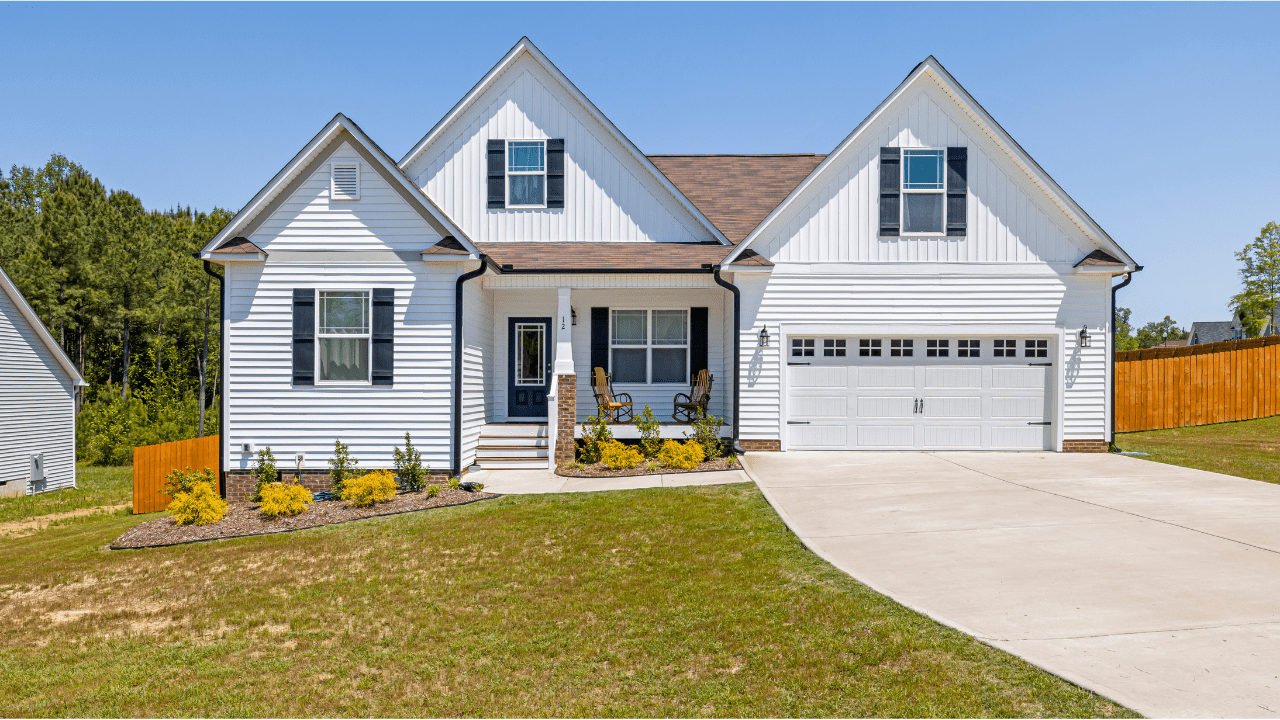Buying your first home is an exciting milestone, but it can also be overwhelming. To make things easier for you as a first-time homebuyer, we have compiled a list of five essential tips for buying a house. By following these guidelines, you can make informed decisions, avoid common mistakes, and ensure a smooth and successful home-buying experience. Let’s discuss each tip in detail.
Budget Wisely
Before beginning your home-buying journey, it’s crucial to establish a realistic budget. Start by examining your financial situation and determining how much you can comfortably afford for a down payment, monthly mortgage payments, and other related expenses. Consider factors such as your income, debts, credit score, and future financial goals.
Adding taxes, homeowners’ association fees, insurance, and maintenance expenses is the next step. It’s essential to leave room in your budget for unexpected costs that may arise during the home-buying process or after moving into your new home.
Having a clear budget helps you better understand your financial limitations and can help you choose properties that are within your budget.
Research locations
Location is a key consideration when buying a home. Researching and selecting the right neighborhood that meets your needs and preferences is vital. Start by identifying your priorities. Do you need proximity to schools, public transportation, or amenities? Are you looking for a quiet suburban area or a vibrant urban setting?
Explore the neighborhood’s safety, accessibility, property values, and future development plans. Additionally, consider local market conditions and trends to ensure a sound investment.
Take time to visit potential neighborhoods at different times of the day to assess traffic patterns, noise levels, and overall livability. Engage with residents, read local publications, and leverage online resources to gather comprehensive information about the area.
Researching well will allow you to determine which neighborhoods are right for you. You’ll also be able to make an informed decision when selecting your future home.
Hire a Realtor
For first-time homebuyers, navigating the real estate market can be challenging. Hiring a professional realtor or real estate agent can simplify the process and ensure you find the right home.
A reputable realtor brings expertise, market knowledge, and negotiation skills to the table. They understand the local market, can help you identify suitable properties within your budget, and guide you through each step of the transaction.
When selecting a realtor, consider their experience, reputation, and client testimonials. Look for someone who communicates effectively, listens to your needs, and has a track record of successful transactions.
Working with a realtor will not only save you time and effort but also provide you with peace of mind knowing that you have an expert by your side, advocating for your needs and interests throughout the home-buying process.
Home Inspection
Once you’ve identified a potential home, don’t skip a professional home inspection. Even if the property appears well-maintained, an inspection will uncover any underlying issues that may affect its value or require costly repairs.
An inspector should thoroughly analyze the property’s structural integrity, plumbing, electrical, HVAC, and other crucial components. They will provide you with a detailed report highlighting any areas of concern.
Review the inspection report carefully and consult with your realtor to understand the implications of the findings. The seller may agree to make repairs, adjust the price, or even reconsider your decision to purchase the property, depending on the severity of the problems.
A professional home inspection helps you make an informed decision about the property. It ensures that you’re investing in a home that is safe, structurally sound, and free of hidden problems.
Consider Resale Value
While purchasing your first home is an exciting personal milestone, it’s also necessary to consider its resale value. Even if you plan to stay in the property for many years, circumstances can change, and you may need to sell it in the future.
Evaluate the property’s potential for appreciation by assessing factors such as location desirability, school districts, proximity to amenities, and future development plans. Consider overall market trends and demand for homes in the area.
Additionally, analyze the property’s features and layout to determine its long-term appeal. A home with a flexible layout, ample storage, and desirable upgrades attracts a broad range of potential buyers.
While you should prioritize finding a home that meets your current needs and preferences, keeping resale value in mind can help you make a more informed decision. This will protect your investment in the long run.
Conclusion
Buying your first home can be an exciting and fulfilling experience, provided you approach it with careful planning and informed decision-making. A wise budget, thorough home inspection, a professional realtor, and consideration of resale value will help you make the right decisions.
Remember, purchasing a home is a significant financial commitment. Buying a home requires knowledge of the market, assessment of your needs, and professional guidance. Happy house hunting!




